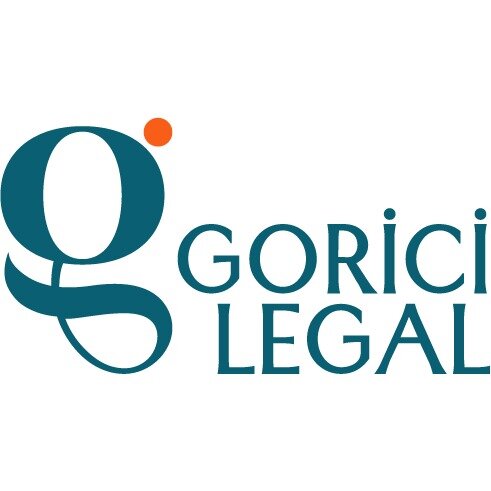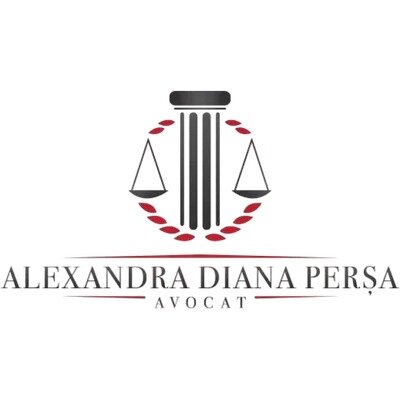Best Restructuring & Insolvency Lawyers in Timișoara
Share your needs with us, get contacted by law firms.
Free. Takes 2 min.
List of the best lawyers in Timișoara, Romania
About Restructuring & Insolvency Law in Timișoara, Romania
Restructuring and insolvency law in Timișoara governs the legal procedures and remedies available for companies and individuals who are facing financial distress or insolvency. This area of law ensures that both creditors and debtors have clear pathways for addressing unpaid debts, negotiating settlements, restructuring obligations, or, if needed, dissolving businesses in compliance with Romanian law. Timișoara, as a significant economic hub in western Romania, has a robust legal ecosystem experienced in handling such cases, aligned with both national legislation and relevant European Union directives.
Why You May Need a Lawyer
Seeking legal help for restructuring and insolvency issues may become necessary in several situations. If your business is experiencing financial difficulties, falling behind on payments, or facing creditor lawsuits, a lawyer can help you understand your options and legal obligations. Individuals who believe they are owed money by insolvent businesses also require legal assistance to try and recover debts. Lawyers can negotiate restructuring deals, represent your interests in negotiations with creditors, initiate or contest insolvency proceedings, and help you navigate complex legal requirements to protect your assets or recover what you are owed.
Local Laws Overview
In Timișoara, restructuring and insolvency are regulated primarily by Law No. 85/2014 on insolvency prevention and insolvency procedures. The law covers a range of procedures, from restructuring plans (such as concordat preventiv and preventive composition), simplified and general insolvency processes, to liquidation. The application of these laws is overseen by specialized insolvency courts and practiced by licensed insolvency practitioners. Romanian law provides legal safeguards for both debtors and creditors and sets out strict deadlines, notification requirements, and reporting obligations. Local commercial courts in Timișoara are well-versed in these procedures, ensuring that cases move forward efficiently and in accordance with national standards.
Frequently Asked Questions
What is the difference between restructuring and insolvency?
Restructuring refers to negotiated processes where a financially distressed company reorganizes its debts and operations in an attempt to avoid insolvency. Insolvency is a legal status where an individual or business is unable to pay debts as they become due, often leading to court-supervised proceedings.
How do I know if my business is insolvent?
A business is typically considered insolvent if it cannot pay its debts when they are due or if its liabilities exceed its assets. A formal assessment by an accountant or insolvency practitioner is often required to determine insolvency status.
What are the initial steps if I suspect insolvency?
You should gather all financial documents, assess your outstanding debts and available assets, and consult a lawyer or insolvency practitioner as soon as possible to evaluate your options and avoid further legal complications.
Can I restructure my business without going to court?
Yes, Romanian law allows for out-of-court restructuring mechanisms, such as the concordat preventiv. However, cooperation from creditors and legal guidance are essential for a successful outcome.
Do I have to stop business operations during insolvency?
Not necessarily. In some cases, the debtor can continue operations under the supervision of an insolvency practitioner or administrator, especially if there is a possibility of reorganization and recovery.
What happens to my personal assets if my company becomes insolvent?
Generally, company insolvency affects only the assets of the business. However, personal assets can be at risk if personal guarantees have been provided to creditors.
How can creditors recover debts from an insolvent company?
Creditors must formally register their claims within specified deadlines during insolvency proceedings. The insolvency practitioner will prioritize claims according to the law and distribute recovered funds accordingly.
Who oversees insolvency proceedings in Timișoara?
Insolvency proceedings are supervised by specialized sections of the local commercial court. Licensed insolvency practitioners and administrators are appointed to handle the technical aspects of the process.
How long does insolvency take in Romania?
The length of insolvency proceedings varies depending on the complexity of the case, but it can take from several months to a few years, especially if litigation or significant asset recovery is involved.
What are the costs involved in restructuring or insolvency?
Costs vary based on the complexity of the procedure, including court fees, insolvency practitioner fees, and legal counsel. Discussing these costs upfront with your lawyer can help minimize surprises.
Additional Resources
- Romanian National Union of Insolvency Practitioners (UNPIR): Offers lists of licensed insolvency practitioners and resources on current laws. - Timișoara Commercial Court: Handles local insolvency cases and can provide procedural information. - Ministry of Justice: Provides updated legislation and guides for insolvency procedures. - Chambers of Commerce and Industry Timiș: Can connect you with experienced lawyers and trusted financial advisers.
Next Steps
If you are facing potential insolvency or need to restructure your business in Timișoara, begin by documenting your financial situation and identifying all creditors and liabilities. Seek a qualified restructuring and insolvency lawyer who can provide an initial assessment of your case. Early legal intervention can significantly improve your options for recovery or asset protection. Professional legal advice will guide you through the necessary procedures, help you comply with all legal obligation, and represent your interests throughout the process.
Lawzana helps you find the best lawyers and law firms in Timișoara through a curated and pre-screened list of qualified legal professionals. Our platform offers rankings and detailed profiles of attorneys and law firms, allowing you to compare based on practice areas, including Restructuring & Insolvency, experience, and client feedback.
Each profile includes a description of the firm's areas of practice, client reviews, team members and partners, year of establishment, spoken languages, office locations, contact information, social media presence, and any published articles or resources. Most firms on our platform speak English and are experienced in both local and international legal matters.
Get a quote from top-rated law firms in Timișoara, Romania — quickly, securely, and without unnecessary hassle.
Disclaimer:
The information provided on this page is for general informational purposes only and does not constitute legal advice. While we strive to ensure the accuracy and relevance of the content, legal information may change over time, and interpretations of the law can vary. You should always consult with a qualified legal professional for advice specific to your situation.
We disclaim all liability for actions taken or not taken based on the content of this page. If you believe any information is incorrect or outdated, please contact us, and we will review and update it where appropriate.










